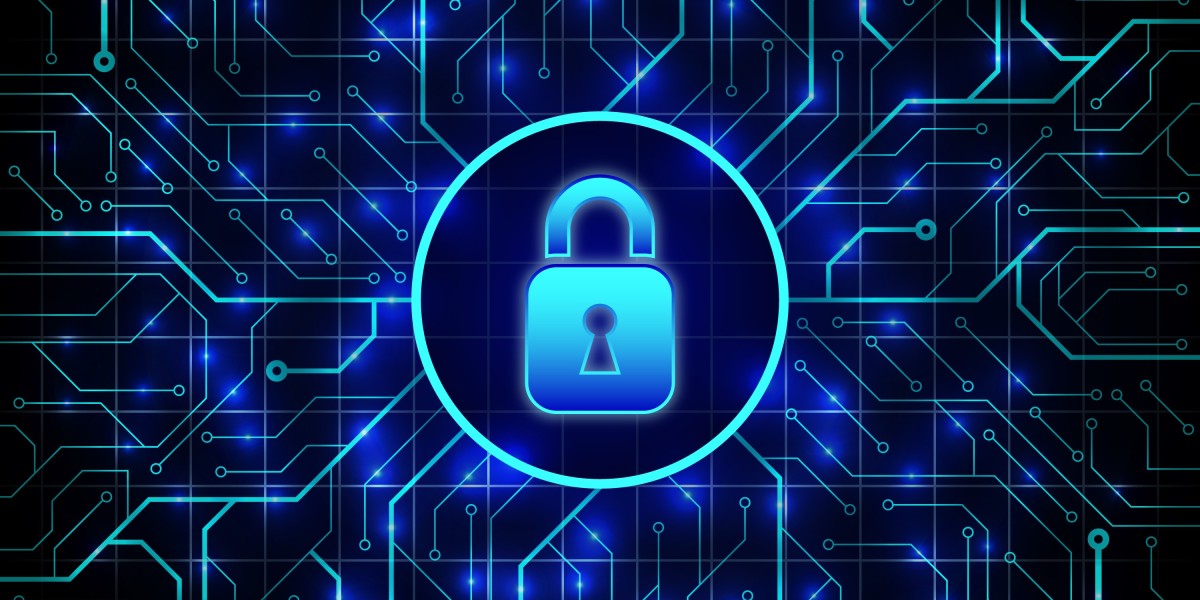Imagine walking into a bar and being asked for your ID. To prove you’re over 21, you hand over your driver’s license. But along with your age, you’ve just revealed your full name, address, date of birth, and even your license number. That’s far more information than the bartender really needs. This everyday example highlights a common digital dilemma: proving a fact often requires oversharing personal details. The solution? Zero-knowledge proof (ZKP), a technology that lets you prove something is true without revealing the information behind it.
What is a Zero-Knowledge Proof?
A zero-knowledge proof is a cryptographic method where one person (the prover) convinces another person (the verifier) that a statement is true without revealing anything beyond the truth of the statement itself. In our bar example, this means you could prove you’re over 21 without ever showing your ID—or any of the personal information it contains.
At first, this might sound impossible. How can you prove something without evidence? The magic of ZKP lies in the mathematics behind it, which ensures that the verifier is fully convinced of the truth, while the details stay hidden.
Why ZKP Matters for Privacy
The internet is full of situations where you need to prove something about yourself: your age, your identity, your financial standing, or your membership in a group. Traditionally, proving these facts means handing over documents, passwords, or data that reveal more than necessary. Zero-knowledge proof flips this model by allowing proof without exposure.
The benefits are clear:
Less Risk: If you don’t share private details, they can’t be stolen or misused.
More Control: You decide what’s proven and what stays private.
Greater Trust: Systems can verify facts without demanding sensitive data.
Real-World Applications Beyond the Bar
The power of ZKP goes far beyond age verification:
Online Services: Prove you meet requirements (like being a resident of a region) without revealing your full address.
Finance: Demonstrate you have enough funds for a transaction without exposing your account balance.
Healthcare: Confirm eligibility for a treatment without revealing your entire medical history.
Voting: Show your vote was cast and counted without revealing your choice.
Each of these cases reflects the same principle: truth without unnecessary disclosure.
The Future of Trust and Privacy
As digital systems expand, the demand for privacy is stronger than ever. Data breaches, identity theft, and surveillance have shown the risks of oversharing. With zero-knowledge proof, we can imagine a future where proving something doesn’t mean giving everything away. Whether it’s accessing a website, completing a financial transaction, or voting in an election, ZKP creates a safer, more private foundation for trust online and offline.
Conclusion: Proving Without Revealing
The question “Can you prove you’re over 21 without showing your ID?” is more than a thought experiment—it’s a glimpse into the power of modern cryptography. With zero-knowledge proof, the answer is yes. By enabling proof without exposure, ZKP acts as a shield for your digital and physical identity, ensuring that trust no longer comes at the cost of privacy.






